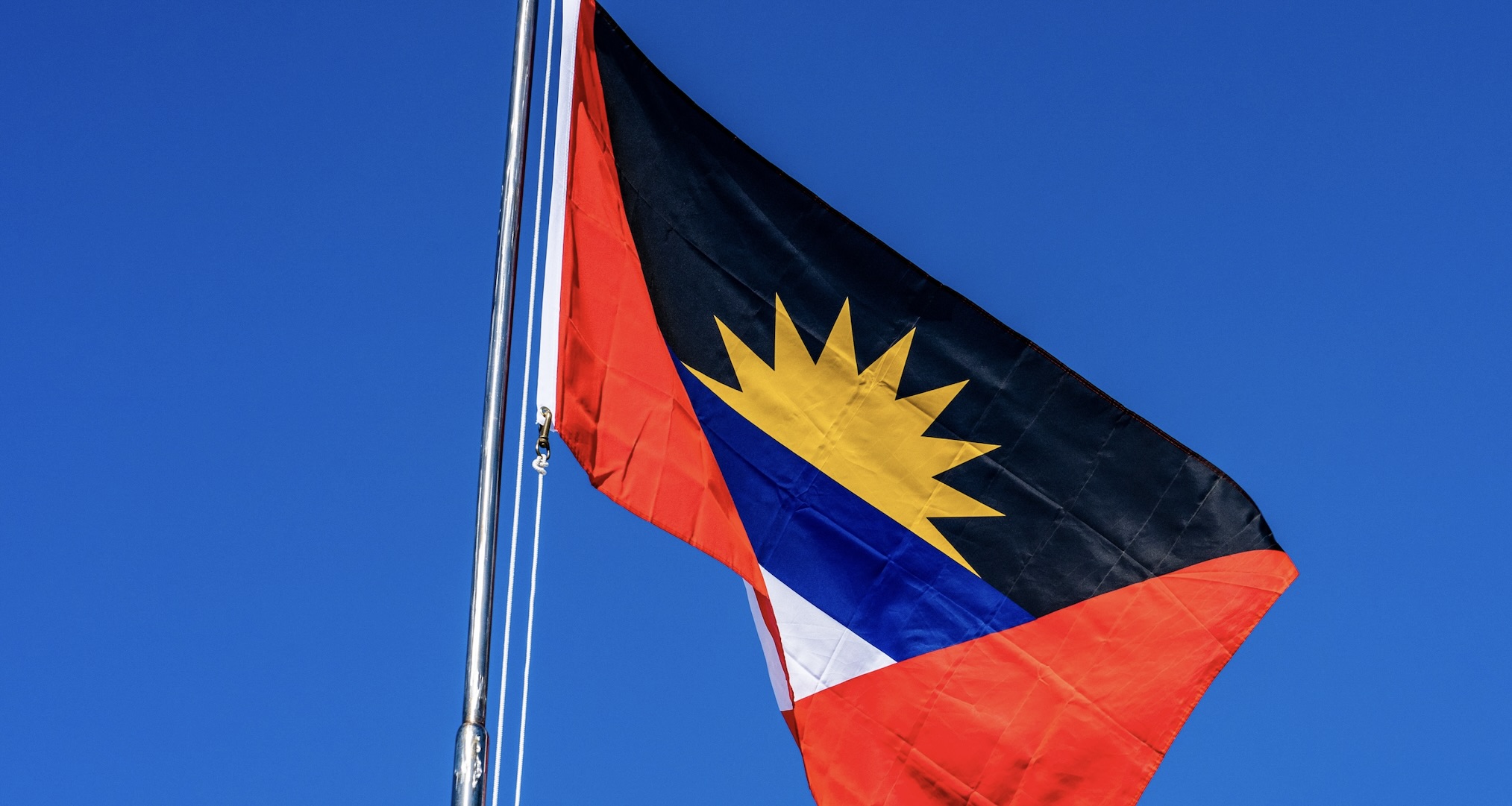Antigua & Barbuda’s high court repeals anti-LGBTQ laws in ‘pivotal’ judgment
The Human Dignity Trust describes the judgement as a “pivotal victory for human rights”.

Words: Emily Maskell; pictures: Unsplash
Antigua and Barbuda’s High Court has struck down the country’s discriminatory laws that targeted LGBTQ people in a historic judgment.
The Human Dignity Trust (HDT) a London-based human rights organisation, says Tuesday’s (5 July) ruling is a “pivotal victory for human rights”.
The High Court of Antigua & Barbuda has struck down laws that criminalised consensual, same-sex activity in people aged 16 or over. The court found sections 12 & 15 of the Sexual Offences Act 1995, which address the offences of buggery and serious indecency, are unconstitutional. pic.twitter.com/kEVbeVTJW1
— Human Dignity Trust (@HumanDignityT) July 6, 2022
The court found that sections 12 and 15 of the 1995 Sexual Offences Act, which prohibited same-sex sexual activity and included a maximum of 15 and five years’ imprisonment, were unconstitutional.
According to the HDT, both men and women were prosecuted under these offences which were a lasting legacy of British colonialism.
Antigua & Barbuda is now the third Caribbean country to strike out these discriminatory laws.
The case was filed by an Antiguan gay man and the local organisation Women Against Rape, with the Eastern Caribbean Alliance for Diversity and Equality (ECADE), convening the process.
Preparations for the case began in 2015, seven years ago.
In this latest judgment, Justice Marissa Robertson accepted the Claimants submission that “the right to privacy extends beyond the right to be left alone and includes the concept of dignity of the individual, aspects of physical and social identity, and the right to develop and establish relationships with other human beings”.
The Court noted that the criminalisation of private, same-sex sexual intimacy “offended the Antiguan constitutional rights to liberty, protection of the law, freedom of expression, protection of personal privacy and protection from discrimination.”
Reacting to this judgement, the Chief Executive of the Human Dignity Trust, Téa Braun, says “while legal victories take time, this ruling proves once again that perseverance and collaboration can move mountains.”
Braun continues: “After almost 150 years on the statute books, devastating countless LGBT lives in their wake, these colonial legacy laws have finally found their rightful place in the history books.”
“This victory is important not only for Antigua & Barbuda, but for the entire Caribbean,” adds Braun, noting that now thousands of citizens can look to “a future free from the stigma of criminalisation”.
Press Release: ECADE, MESH and WAR welcome the repeal of anti-LGBTQ laws in Antigua and Barbuda. https://t.co/eILEftl9H6
.
.
.
.#caribbean #lawreform #constututionallaw #litigation #lgbtq+ pic.twitter.com/Wg6Mu39W47— ECADE (@EC_Equality) July 5, 2022
Kenita Placide, Executive Director of ECADE, says that this litigation “underscores how these laws contribute to the stigmatisation of LGBTQI people, how they legitimise hate speech, discrimination and violence and tears at the fabric of our society.”
“Our governments have sworn to protect and uphold the rights of all and act in a manner that promotes the prosperity and well-being of all,” Placide continues. “This judgment is in keeping with this commitment.”
The ruling follows the 2016 Orozco vs Belize case which was the first-ever court to decriminalise these laws in the region and the 2020 Henry and Edwards vs Jamaica case which concluded with the finding that anti-LGBT criminal laws were a violation of the American Convention on Human Rights.
The Attitude July/August issue is out now.
